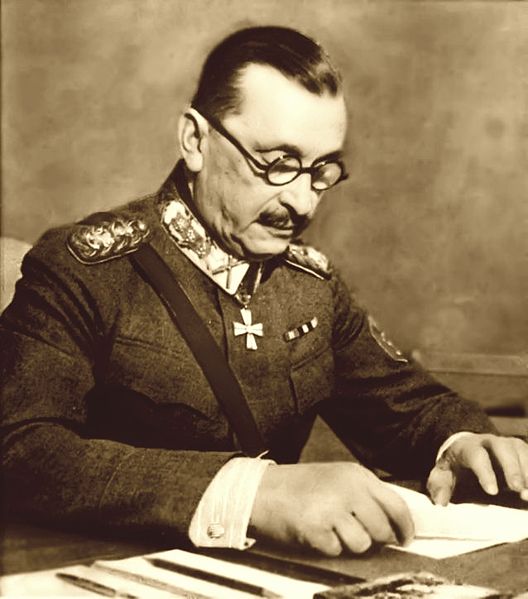Carl Gustav Emil Mannerheim (born in 1867 in Finland, died in 1951 in Lausanne, Switzerland) was the sixth President of the Republic of Finland (1944-46), Marshal of Finland, and one of the most important personalities in relation to the history of the Finnish independence, being the Regent of Finland in 1918-1919 after the Finnish civil war which took place after the independence, and the Commander in Chief of the Finnish Defence Forces during the four wars in which Finland has participated since its independence in 1917.
Mannerheim was born in the Russian principality of Finland in a noble Swedish-speaking family of German roots. As the third son of an aristocratic family tradition, in which the eldest son inherits the title of count and the youngest sons of the title of Baron, Mannerheim was named baron and baptized Carl Gustaf Emil, although throughout his life, he would use his middle name, Gustav.
Besides his mother tongue, Swedish, he spoke Russian, German, English and Polish, and always used French with his wife and children. Ironically, he never spoke Finnish fluently.
As a young man made his career in the Imperial Russian Army, serving for nearly thirty years in this army, fighting in the Russo-Japanese war and the First World War, obtaining this way an outstanding place with the Czar Nicholas II of Russia. It was in St. Petersburg, where he met his wife, Anastasia Arapova, the daughter of a Russian general. Two daughters were born of this marriage: Sophia and Anastasia. Mannerheim was divorced in 1919, having lived apart from his wife since 1902.
After the Russo-Japanese war Mannerheim returned to Sweden and Finland (1905-1906)and found that the first revolution in Russia had greatly influenced the Nordic countries. Mannerheim took part, representing the nobility during the “Diet of Finland”, to the reforms approved by that instance, establishing the principle of a new unicameral parliament, universal suffrage and eligibility for all men and women aged 21 years in Finland.
After the Bolshevik Revolution, Finland declared its independence, but political differences dragged the country into a civil war between socialists and the conservative “whites” of whom Mannerheim served as the military chief. After the white army’s victory over the Finnish red army, Mannerheim was declared Regent of Finland, giving up his post as commander in chief. Some monarchists wanted him to be the king of Finland, which proved to be impossible, maintaining Finland it’s republican status.
In 1919, Mannerheim participated as a candidate in the first presidential elections of the independent Finland, but lost to Kaarlo Juho Ståhlberg, retiring from public life temporarily.
Between the two world wars, Mannerheim carried out humanistic work, supporting the Finnish Red Cross and creating the Mannerheim Foundation for children.
The next President of Finland Pehr Evind Svinhufvud named Mannerheim President of the Council of Defense of Finland in 1931 and in 1933 Mannerheim received the honorary title of Marshal of Finland. Mannerheim’s work on the head of Finnish defense was centered in trying to get a military defense union with Sweden, attempt in which he failed. Concerned about the weak state of Finland’s defense in a delicate historical moment, on the threshold of World War II and the invasion of Finland by the Soviet Union, Mannerheim was appointed commander in chief of the Finnish army in 1939.








